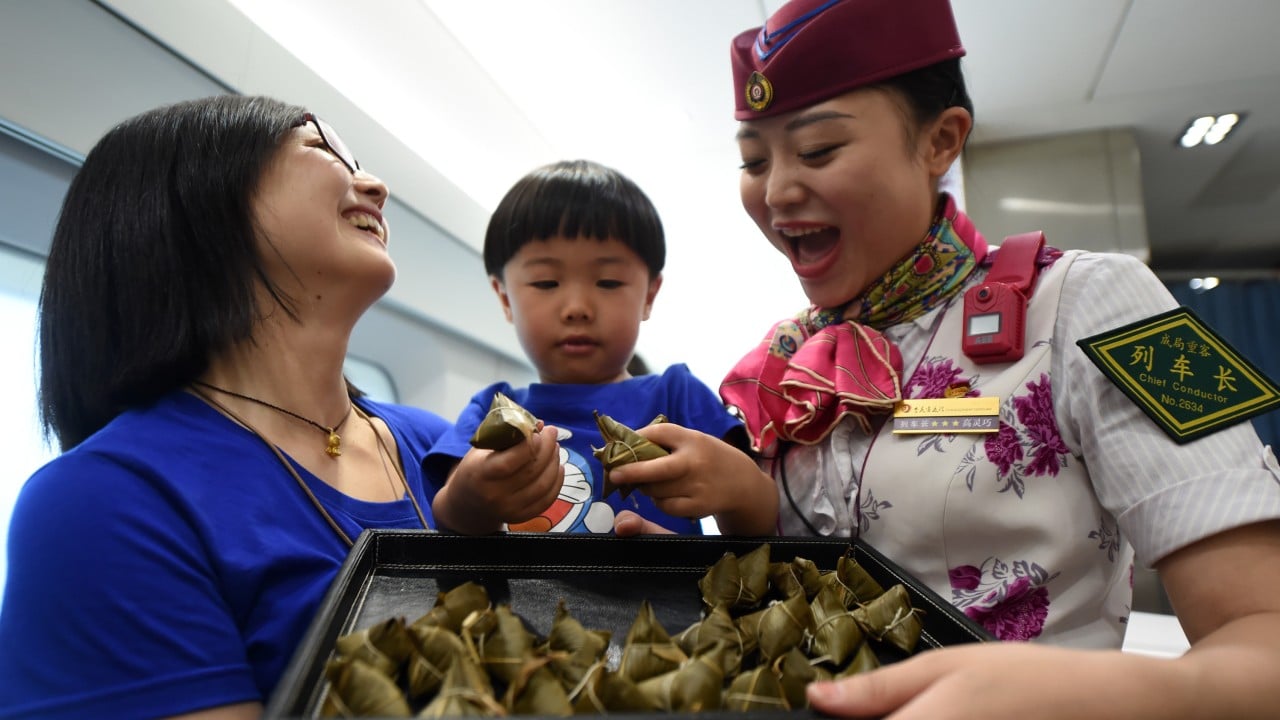I think about food constantly, not in a passive way, but obsessively. I plan my next meal while still chewing the last bite of a repast. I always carry snacks: dried fruit or roasted nuts, just in case. When I travel abroad, I eagerly sample local cuisines and take cooking classes whenever I can. At home, I scout for new restaurants and often host dinner parties featuring my experimental dishes.
Advertisement
Sometimes I wonder how I came to have this fixation.
The answer, I suspect, lies in my childhood, when China was poor and food was scarce. I grew up in Nanjing in the 1970s, when ration coupons were still being issued. While I didn’t starve, there was never quite enough food for me to feel full, let alone indulge in. Meat was a rare treat, making only a modest appearance a few times each month. Milk was reserved for those of a certain ranking.
Breakfast in our household consisted of boiled leftover rice, slurped down with tangy pickled vegetables. It filled the stomach briefly, until hunger crept back midmorning. That hollow, gnawing sensation is one I’ve never forgotten. To this day, I dread hunger the way some people fear the dark.
To meet our craving for meat, my brother and I would climb trees on hot summer days to catch cicadas, which we roasted over a fire and ate with gusto – they were crunchy and oddly satisfying.
Advertisement
That early deprivation imprinted something deep on me – not just a craving for food, but a reverence for it. In this, I am not alone. In Chinese culture, food is never just food. It is nourishment, yes, but also language, emotion and identity. As the saying goes, “To the people, food is heaven.” Instead of “How are you?”, we traditionally greet each other with “Have you eaten?”

